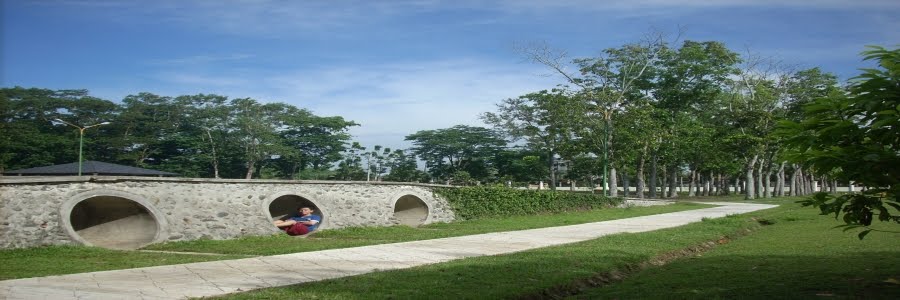Global Voices is a large community of bloggers from across continents, working towards protecting the right to freedom of citizen media reporting, and supporting individual blogs and social media channels that feature critical stories all around the world.
The Global Voices Lingua Project is one of the community's collective effort to amplify news stories in several different languages, including Filipino, the collective tongue of 95 million within the country and an additional 10 million outside of it.
While it is true that English is widely understood in the Philippines, one wonders why our daily newscasts, friendly talk, market cacophony, and gossip sessions are still in Filipino and/or another local language. It's simple: more Pinoys understand Filipino like the back of their hand, and it sounds more sincere rather than elitist, don't you think?
Let me convince you as I see it: Filipinos are bred in an innately multilingual setting. We have been taught to read English texts in schools for at least 16 years, very efficiently in fact that some of my friends find it arduous to read texts that are completely in Filipino. On other hand, we talk, listen, converse, and argue in our own local languages: Tagalog, Sebwano, Iloko, Hiligaynon, Bikol, Kinaray-a, Kamayo, Kapampangan, Chabacano, and the like (taking Araling Panlipunan in college was a wise decision, it turns out).
However, we corrupt many of these local languages with Western words inserted in between, as the Filipino society and humankind in general progress into the 21st century. Almost everyone uses Taglish or Enggalog these days. In the future, many of the more obscure Filipino words would have been replaced, and the younger generations may no longer use them at all!
It is this particular danger that I would like to contribute my effort into, even if it's only a tiny fraction of my time. By putting Filipino words on the Internet, we preserve a treasure trove of our language in its 21st century form for many generations to come. Once on the internet, it'll be there forever; the original post may get deleted but it will be forever cached on Google's servers and probably by the Defense Department as well, albeit in secret.
I, for one who is training to work in a large government hospital for the next 6 years, has been taught to use Tagalog in our everyday dealings with patients, who are mostly those who come without means to pay for private medical service. I think when patients hear their doctors talk about their medical condition in Tagalog or Cebuano, the message easily gets across.
Please support any of our several advocacies in Global Voices by visiting the GV in Filipino website! We are always expanding our list of volunteer authors and contributors, including those who feel strangely gratified after writing a piece in Filipino.




I love it when I see people who share my views in Arabic in their own language(s) :). Really enjoyed the post!
ReplyDeletethanks Gohary!
DeleteThanks for sharing this ! Very interesting and informative ! Nice ! :)
ReplyDeletethank you ma'am for your kind words! ;)
DeleteKudos! You're making us Filipinos proud to be one! Hope you continue this for overseas Filipinos who miss their native tongues...
ReplyDeletethanks ms joy!
Deletesounds really great! :) makes me more proud to be as Filipino as they are.
ReplyDeletethank you em, ;)
Delete